6 Tips to Succeed on the PANCE Exam
As you get ready for the Physician Assistant National Certification Exam (PANCE) we wanted to share a few tips to help you on your path to success! Like anything in life that is worth sweat and tears to achieve, it is important to develop a plan. The purpose of this post is to help you develop a study strategy to make sure you make the most effective use of your study time leading up to the exam.
Understanding what the exam is all about
The PANCE exam is a 5-hour exam that consists of 300 multiple choice questions. The questions are organized into five blocks of 60 questions each. Students are provided with 1 hour to complete each block of questions. Although there is no time limit per question, on average you will have 1 minute per question. The National Commission on Certification for Physician Assistants (NCCPA), which administers the PANCE exam, has provided a blueprint that offers an approximate breakdown of the number of questions that are tested across the 13 categories, which we’ve organized from highest to lowest frequency below:
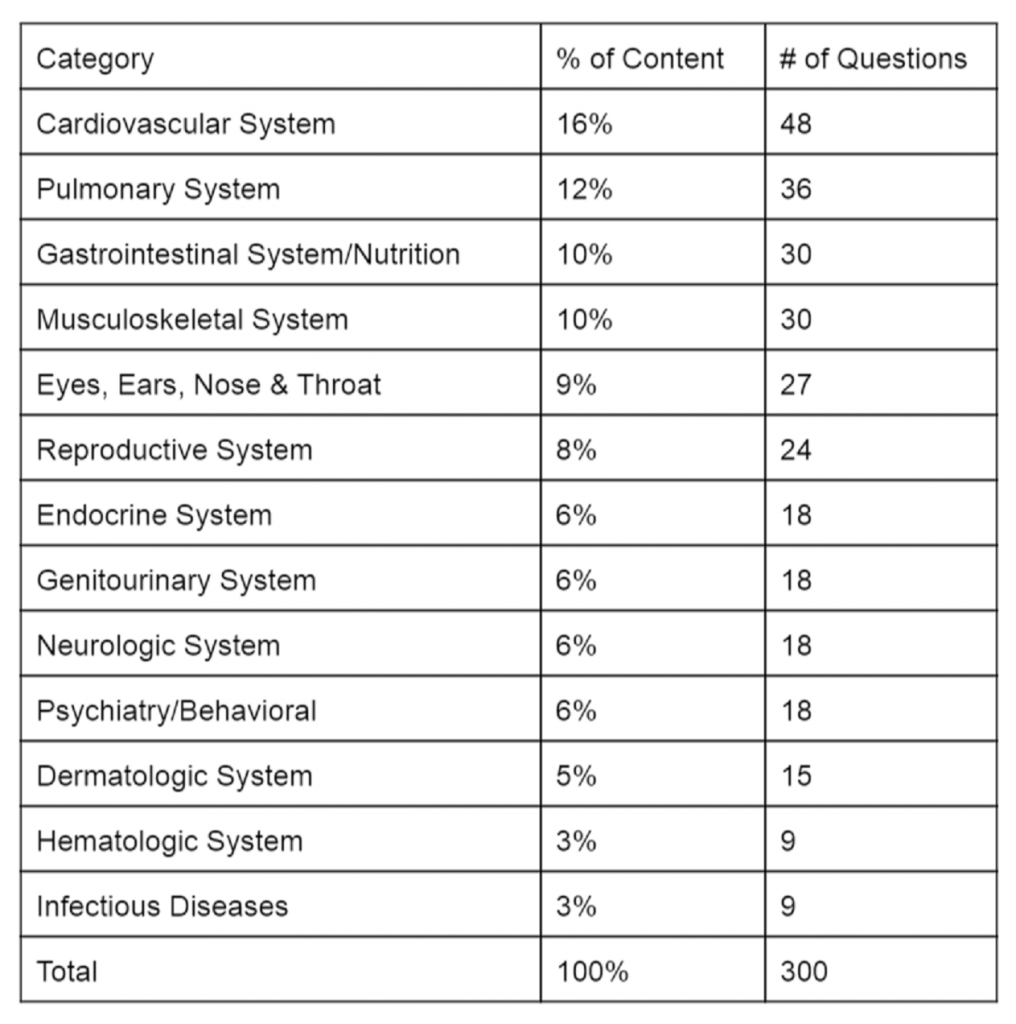
Developing a study strategy
While there is no single studying strategy that works best for everyone, we’ve identified some of the tactics and resources that we believe will help you organize your studying efforts. It is ultimately up to you to understand the right mix of study resources you want to include in your study portfolio.
Regardless of which study resources you use, we recommend that you start by creating a weekly study plan that highlights the category or categories of content you will be reviewing each specific week. For example, looking at the table above, we see that the single largest area emphasized on the exam is the Cardiovascular System. Depending on your current comfort level with this subject, this may be a good starting point for Week 1 of your study plan.
1. Get a study guide
There are numerous study guides available as a primer for the medical concepts that are fair game for the exam. Some of the more popular guides (in no specific order) include:
A Comprehensive Review For the Certification and Recertification Examinations for Physician Assistants
Pance Prep Pearls
Davis’s PA Exam Review: Focused Review for the PANCE and PANRE
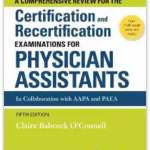
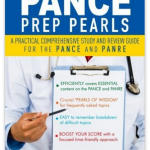
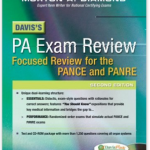
With your study guide in hand (or on a screen if you’ve purchased an e-book) spend a few minutes browsing the table of contents. Many students jump right into the content, but we’ve found it’s helpful for students to understand at a high level how the author has organized their curriculum. Moreover, seeing roughly how many pages have been allocated for each subject will help you better gauge how much time you will need to get through each section of the book.
2. Find a study buddy (or two)!
Studying with an equally-motivated study partner can be a great way to learn. Not only do good study partners provide you with accountability to keep you on track, but also offer you an opportunity to “get out of your head” and explain out loud what you’ve learned. In addition, these study sessions offer you an opportunity to fill in gaps in your own understanding and eliminate knowledge blind spots by leveraging the wisdom of peers using a complementary set of study resources.
If you are currently in PA school, or graduated recently, your classmates can be a terrific source of study buddies. During your first group meeting, it’s a good idea to determine your compatibility by comparing schedules to make sure you won’t struggle to find times that work well for both of you keeping in mind other professional and personal commitments you each may have.
In addition, if you are looking for study partners outside your school or program, leverage popular forums, such as the Physician Assistant Forum to find potential study buddy candidates for in-person or virtual study sessions using tools such as Skype or Google Hangouts. We’ve recently launched a dedicated Study Buddy section on our forum where you can also post Study Buddy requests.
Lastly, while you are waiting to form a study group, don’t fail to leverage any significant other, sibling, or friend as a study partner even if they are not preparing for the PA exam themselves. Although they may not be able to explain or clarify PA concepts to you, they can be great sounding boards as you talk through concepts out loud and terrific at quizzing you using your study guide.
3. Do practice questions
As you cover each subject area laid out in the PANCE Blueprint, testing your understanding using practice PANCE questions is critical to getting the real-time feedback you need to identify your strengths and weaknesses. There are several question banks available you to choose from and the NCCPA even offers a few sample questions, which you can access here.
When searching for a question bank, search both for breadth and depth of content. As we mentioned in the earlier section regarding study guides, a good place to start is by looking at how the content is organized. On the Knowmedge PANCE QBank, we’ve organized all our questions by both category and subcategory. For example, within the Cardiovascular System category, we’ve organized questions into the following sections.
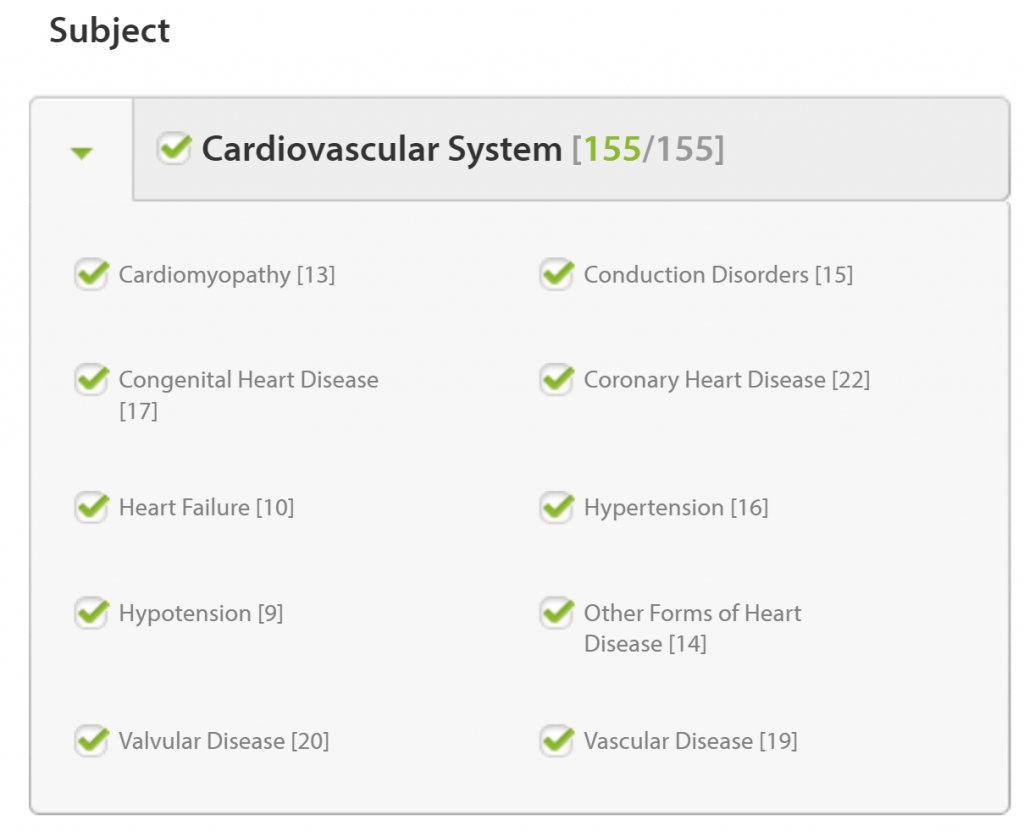
This level of granularity is designed to help students better coordinate their learning with study guides and also target their practice more efficiently as part of their weekly study plan.
4. Refresh key medical concepts
One of the most overlooked aspects of the PANCE study experience is the need to reinforce what you’ve learned in the past. It’s natural to forget some concepts over time as your brain seeks to continuously absorb new information. We understand that this can be a major source of frustration for many students and we’ve all had moments where we say to ourselves, “I can’t believe I can’t remember the X most likely symptoms of condition Y AARGHH!” We believe that many students, in their quest to get through all the material as quickly as possible simply do not spend enough time reviewing material they’ve studied a few days, weeks, or months ago. It’s important to remember that the key is not to be a quick learner, but to be efficient. And it is far better to spend a little bit of time during each study session to review “older” material than simply getting through new material and hoping to have enough time to review at the end. Repetition and regular “re-practice” is the key to developing any new skill and we believe fundamental to succeeding on the PANCE.
In order to help students get regular reps with the material they’ve covered, we’ve created spaced learning flashcards for PANCE. As you practice each question in our Qbank, you will see a few flashcards at the end of each question that test your understanding of key concepts you’ve just read.
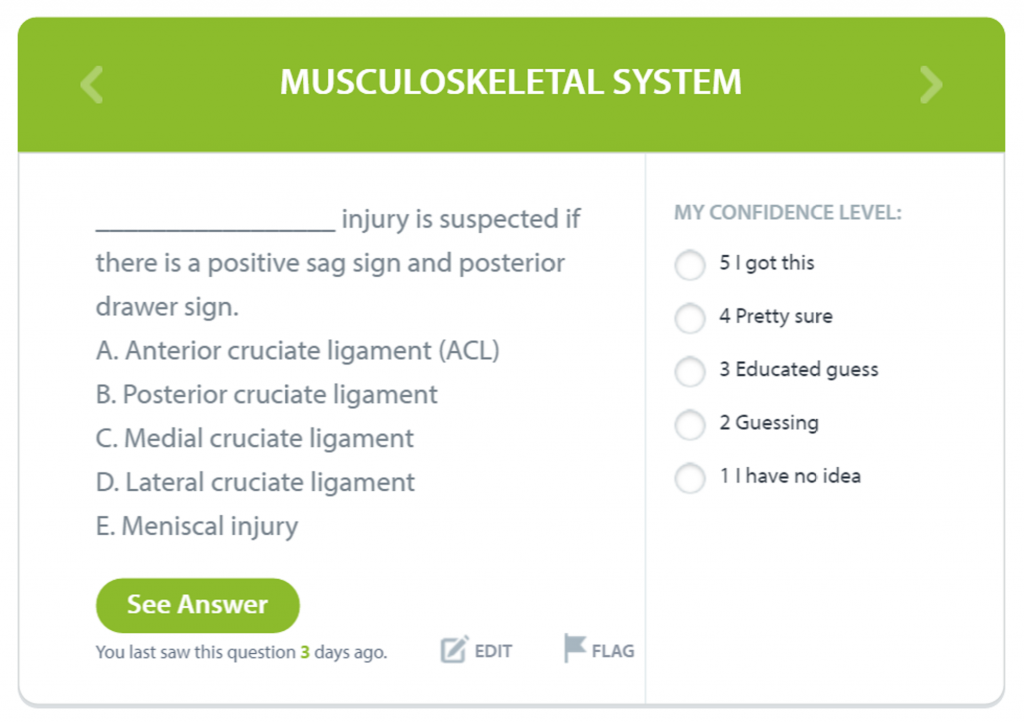
Based on your performance on each flashcard, we’ll automatically queue it up for further review. That way, whenever you log in to Knowmedge, you will see a number of flashcards assigned to you for review on that day.

As you demonstrate consistent mastery of medical concepts, you’ll see them less frequently so you can still be efficient with your study time. There are other features of the flashcards that we won’t cover in this post, but if you are interested in learning more, you can find additional information here.
5. Leverage online resources
With the rise of various knowledge sharing platforms, there is an abundance of digital resources to help you succeed on the PANCE exam. Below are some which we’ve come across. It is by no means a comprehensive list, but a good go-to if you’re just getting started or looking to explore additional resources.
Twitter (official description in parenthesis)
@Physician Assist (Physician Assistants (PA) are licensed clinicians who practice medicine with supervision of a physician / News and information reporting service)
@AAPA (The official Twitter account for American Academy of PAs. The only national organization representing PAs & PA Students)
@PAEA (The official feed of the Physician Assistant Education Association)
@AnneCCPA (Canadian Certified Physician Assistant practicing in Orthopaedic Surgery. McMaster PA grad.)
Pinterest
Usama Nasir (https://www.pinterest.com/visualmedicine/)
Nursing Med / Surg (https://www.pinterest.com/js504/nursing-med-surg/)
PA Life (https://www.pinterest.com/kerrilconnell/pa-life/)
6. Stay physically active
We know that preparing for the PANCE exam can be a stressful experience, and it is important to prioritize your preparation above everything else. At the same time, don’t sacrifice regular physical activity in the process. In the weeks and months ahead, as you work towards entering a career in which you will help countless individuals live healthy lives, it is important not to sacrifice your own. Be sure to get fresh air and sufficient exercise and include it as part of your study plan if you have to!
As you prepare for your PANCE Exam we wish you the best and are here to help so let us know if you have any questions. Happy Studying!








